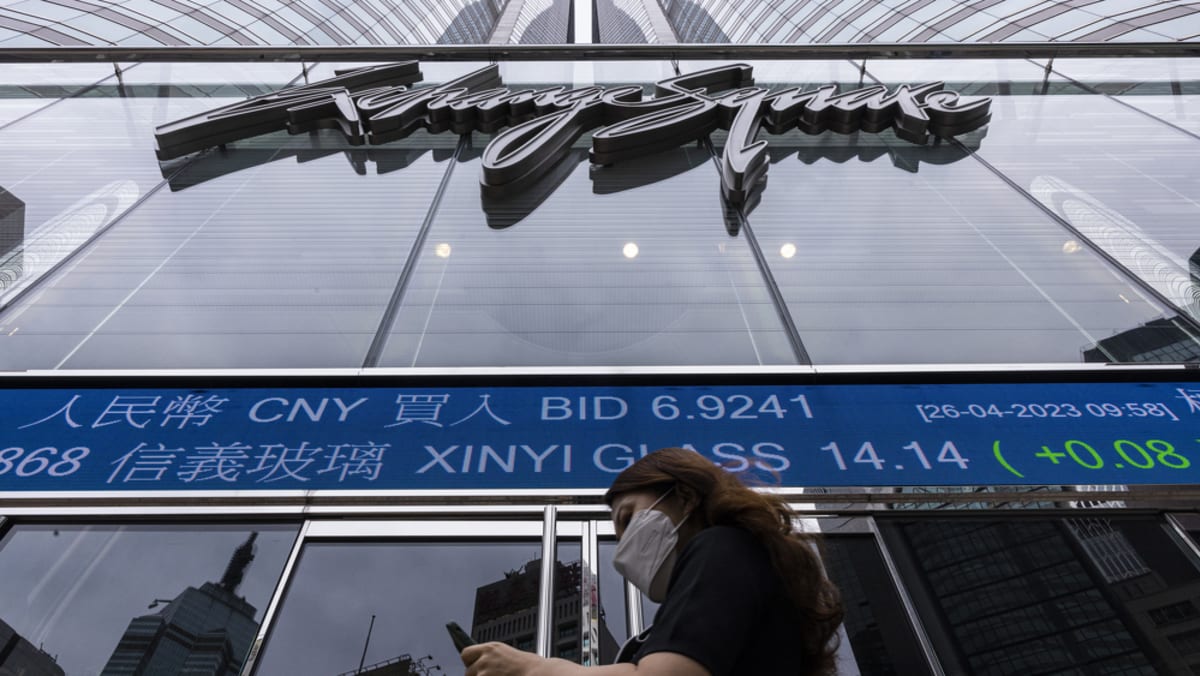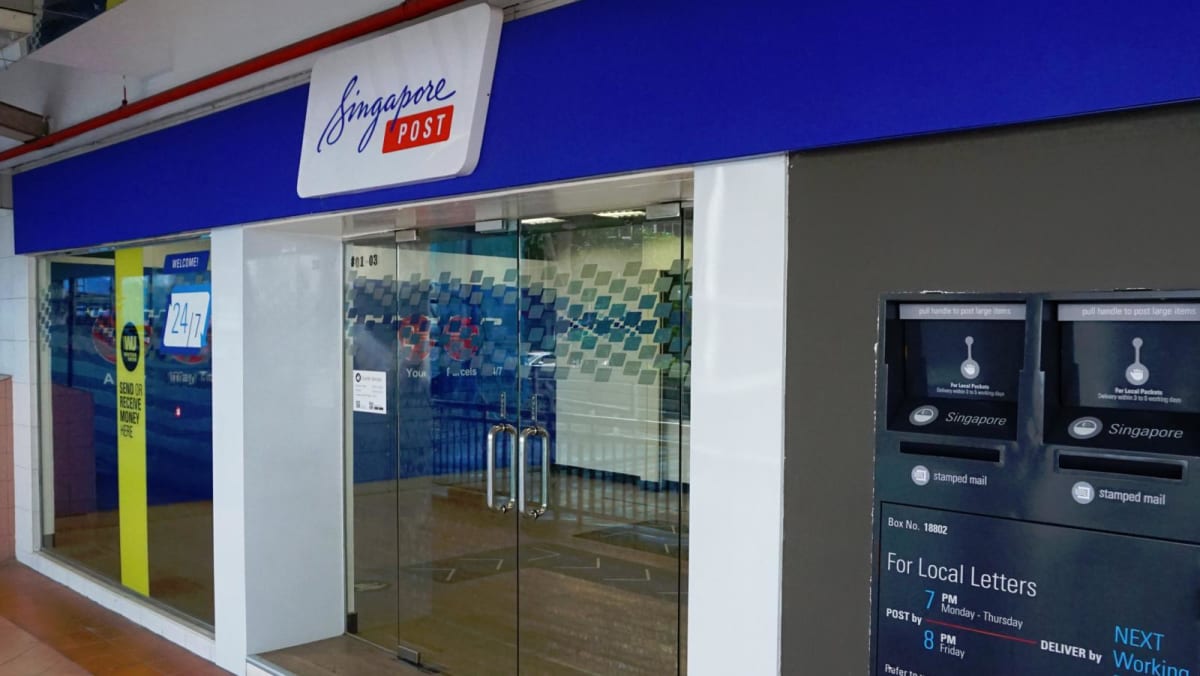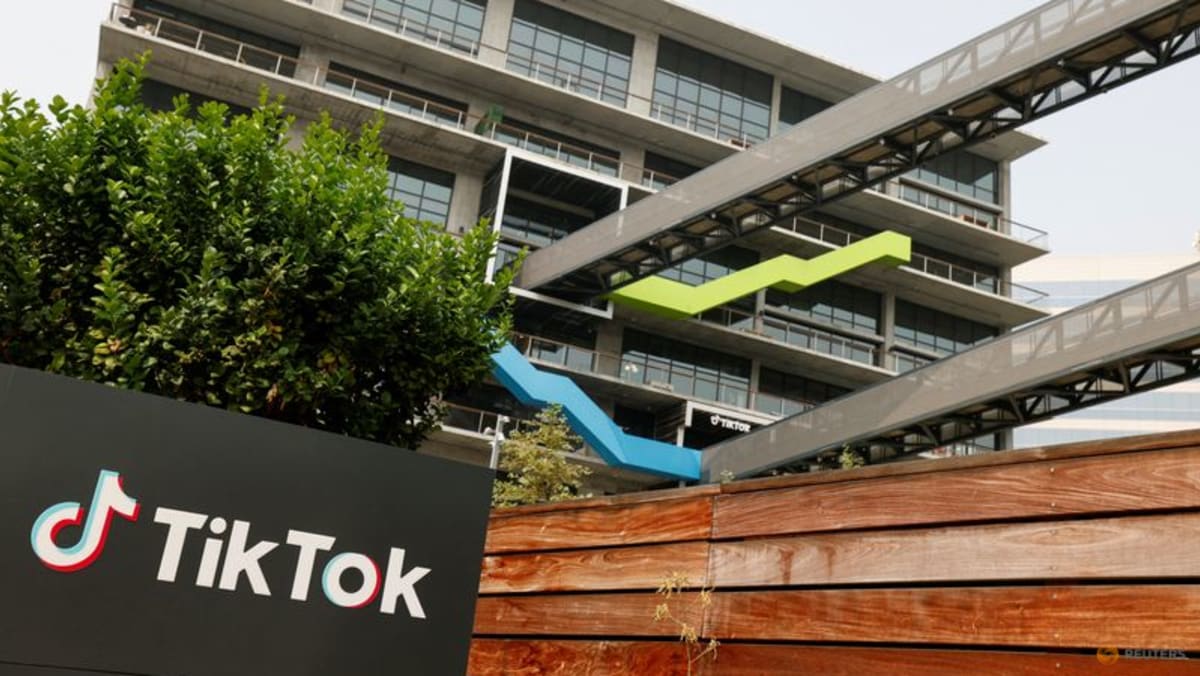Asian markets rise after shrugging off US rate hike

HONG KONG: Asian markets rose on Thursday (May 4), shrugging off the sour mood surrounding the Federal Reserve’s announcement that it was raising interest rates yet again and likely keeping them high for the foreseeable future.
All three major US indices declined along with the dollar after the Fed’s hike, while recession worries drove US oil prices below US$70 a barrel, where they remained on Thursday.
But Hong Kong bucked the slide on Wall Street to finish with solid gains of nearly 1.3 per cent, even as its de facto central bank moved to boost rates in line with the Fed.
While Shanghai also rose, Chinese shares overall see-sawed throughout the day, with the CSI 300 index ultimately finishing flat amid concerns over an uneven economic recovery.
Taipei, Wellington, Mumbai, Jakarta, Manila and Singapore were all up, while Sydney was slightly down and Seoul was flat. Tokyo was closed for a holiday.
Attention now shifts to Thursday’s meeting of the European Central Bank, which is expected to deliver another rate increase of its own.
London, Paris and Frankfurt were all down in early trade.
FRESH BANKING FEARS
Meanwhile, fears of widespread banking turmoil were revived on Thursday as shares of regional US lender PacWest plummeted by more than half in after-hours trading.
The selloff was apparently spurred by reports the bank was considering the possibility of a sale or other capital-raising measures in the wake of the recent collapses of other mid-size lenders, which had first sparked concerns for the health of the sector.
PacWest sought to reassure investors in a statement, insisting it had not “experienced out-of-the-ordinary deposit flows” since the banking fears first arose, and that its “cash and available liquidity remains solid”.
The bank said it was routine to “continuously review strategic options”, adding it had been “approached by several potential partners and investors”.
But Tim Waterer, chief market analyst at KCM Trade, told Bloomberg that investors were unlikely to be convinced, adding that “there is nothing to suggest that the banking crisis is at an end”.
“BAD NEWS” FOR CRUDE
Oil, meanwhile, was still down on Thursday after taking a hit over fears of weaker demand due to an economic slowdown.
US benchmark WTI was trading below US$70 a barrel in the afternoon after previously hitting its lowest price since OPEC+ cut output a month ago.
Oanda’s Edward Moya said in a note that the Fed’s hints that it would keep rates steady – rather than raising them further – signalled it was becoming more worried about economic activity, which was “bad news” for the crude outlook.
“The focus will shift to OPEC+ and they might be in a position where if they want to stabilise prices, they need to deliver on previously announced production cuts and signal that more are coming,” he said.
Also on investors’ minds were fears that Democrats and Republicans might fail to strike a deal on raising the US debt ceiling, triggering a damaging default as early as Jun 1.
SPI Asset Management’s Stephen Innes said in a note that “even as the Fed gently taps the pause button, it’s been disappointing for stocks as index investors are caught up on the messy debt ceiling and regional banking backwash”.
Source: CNA















